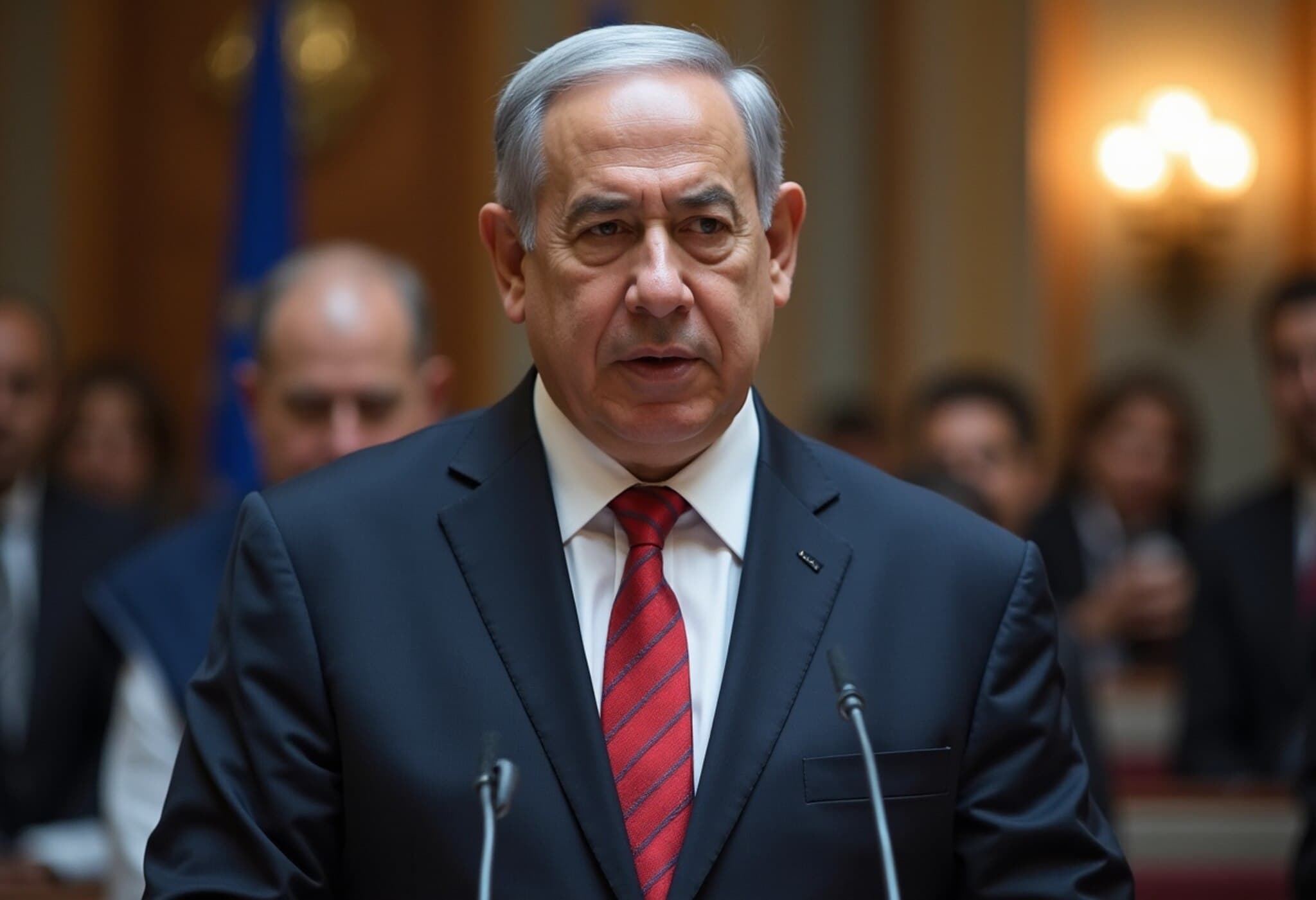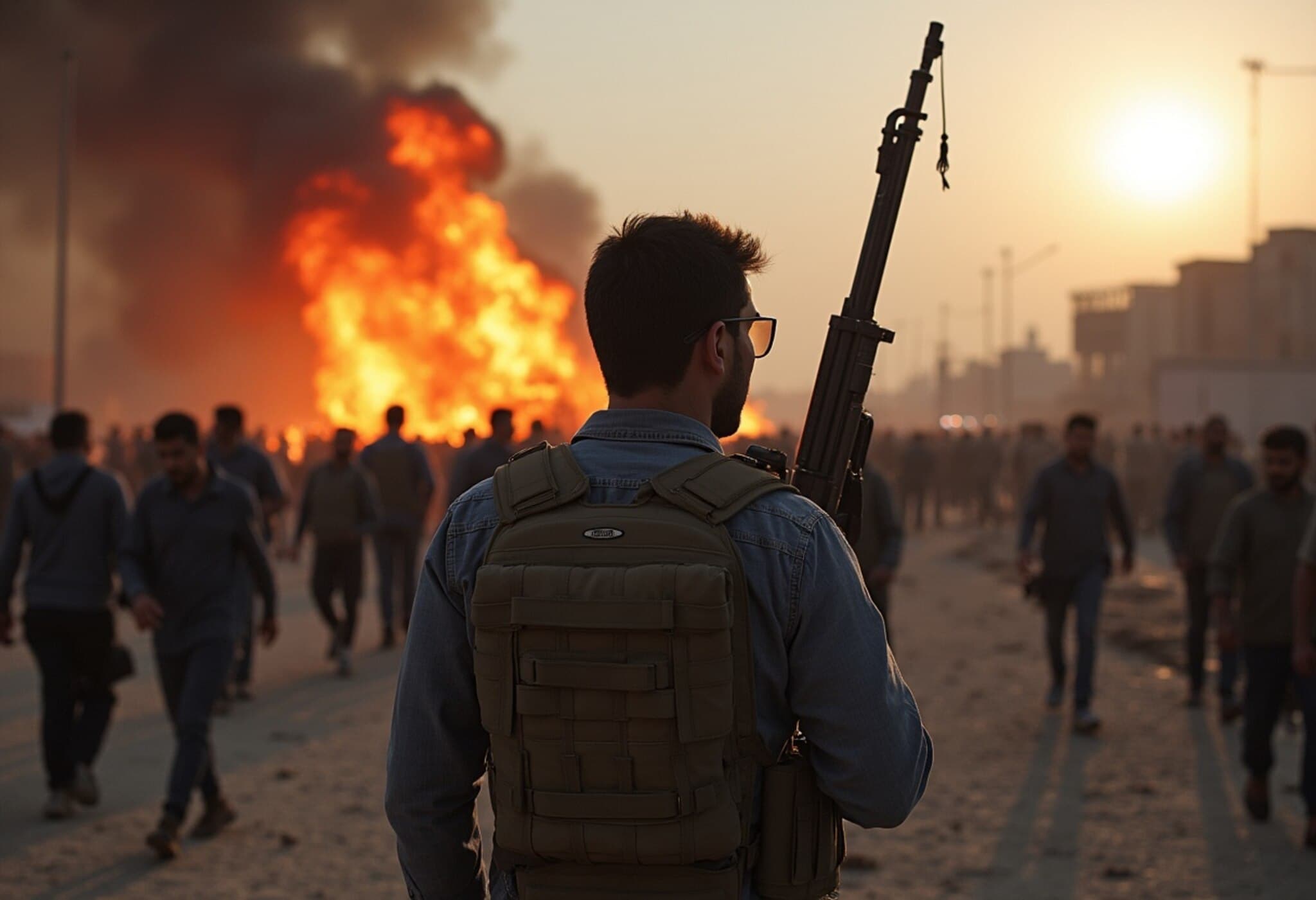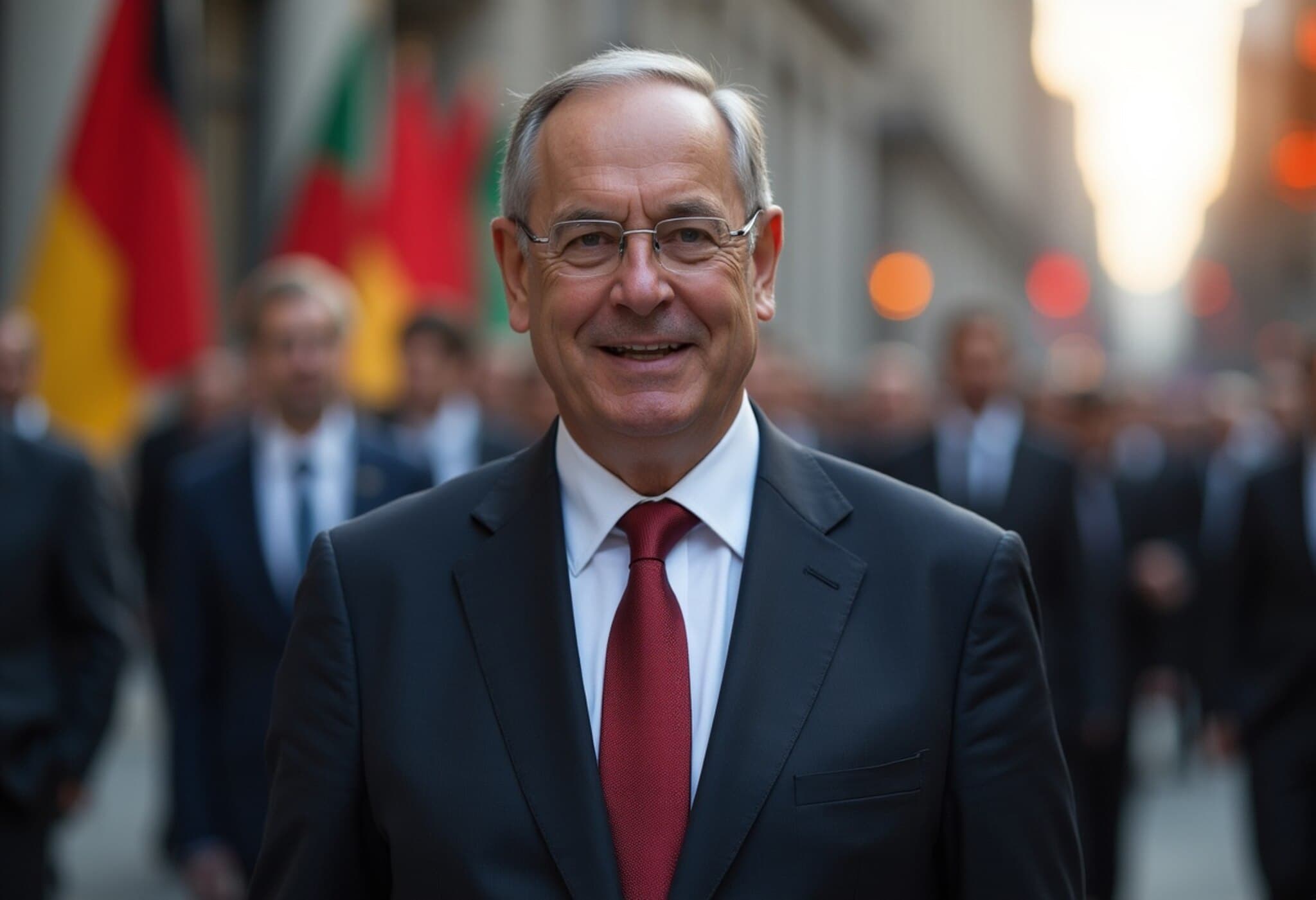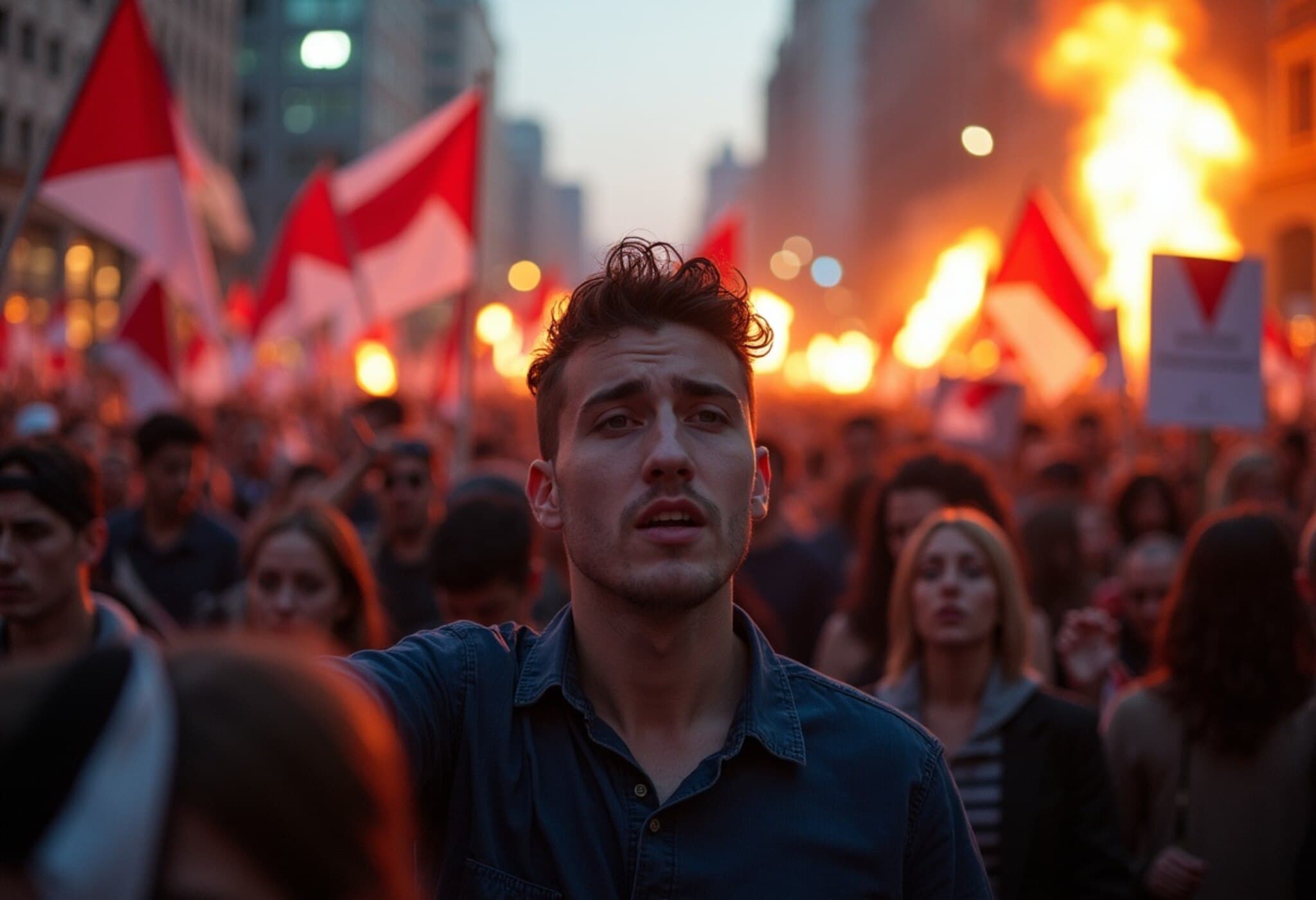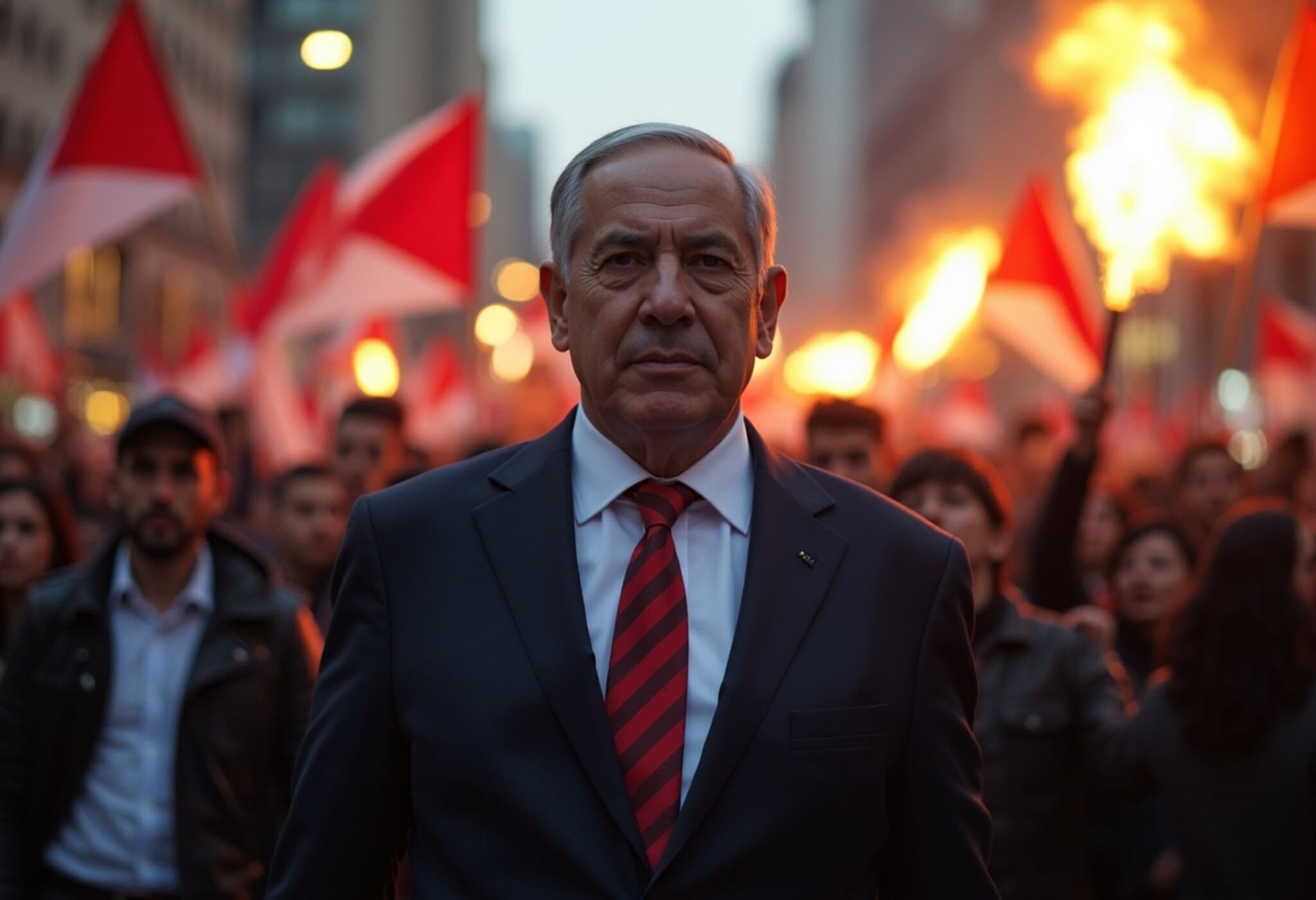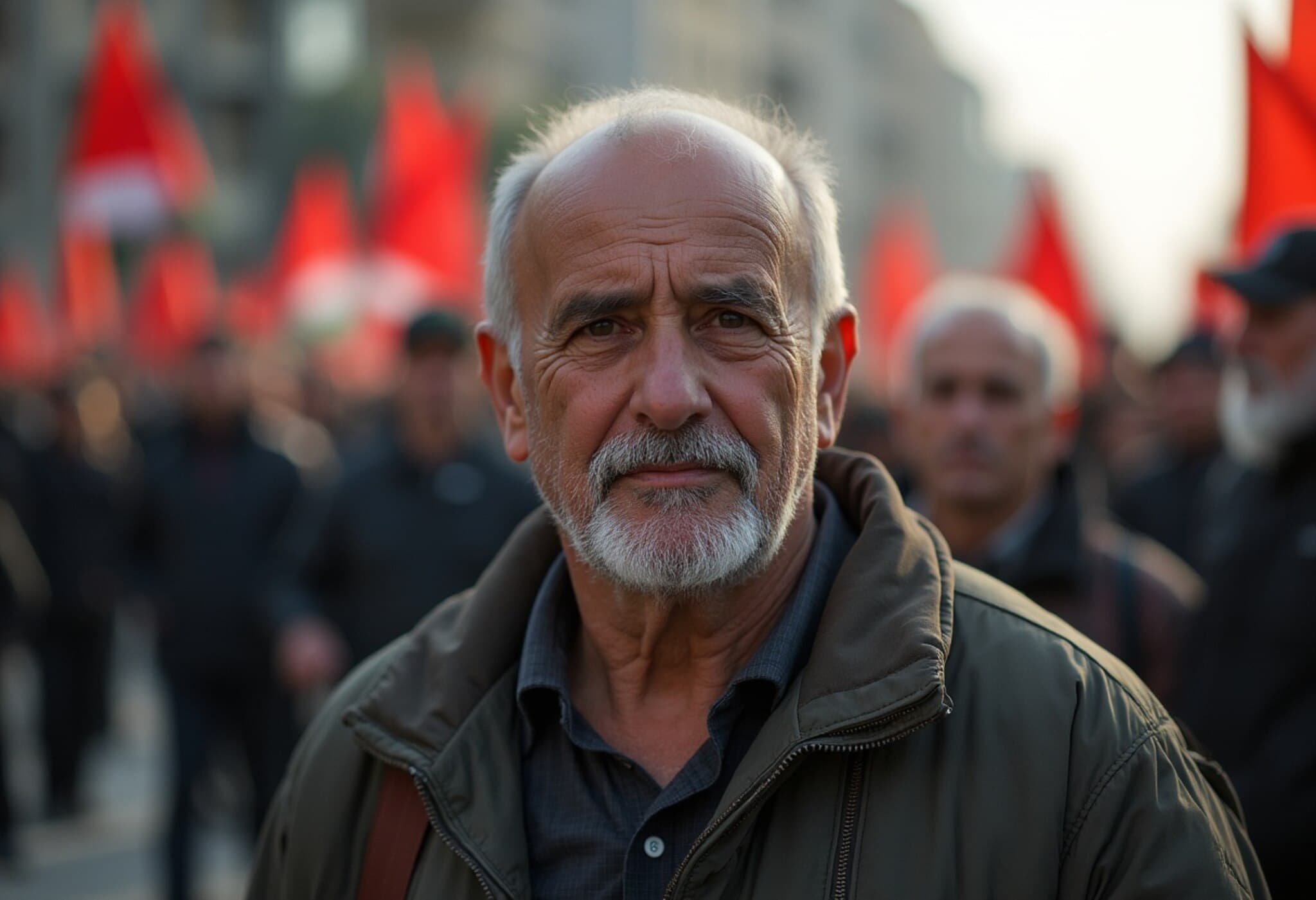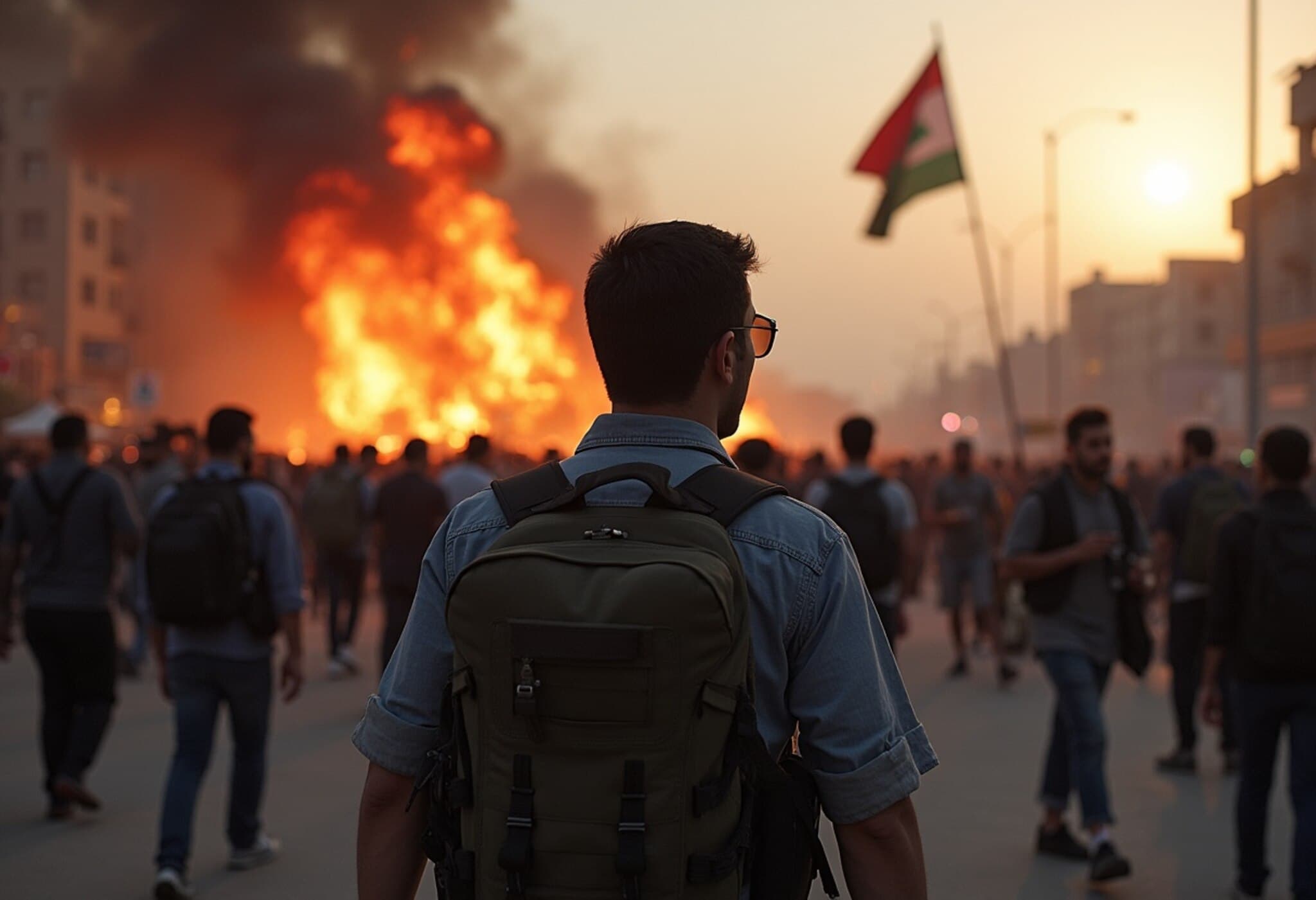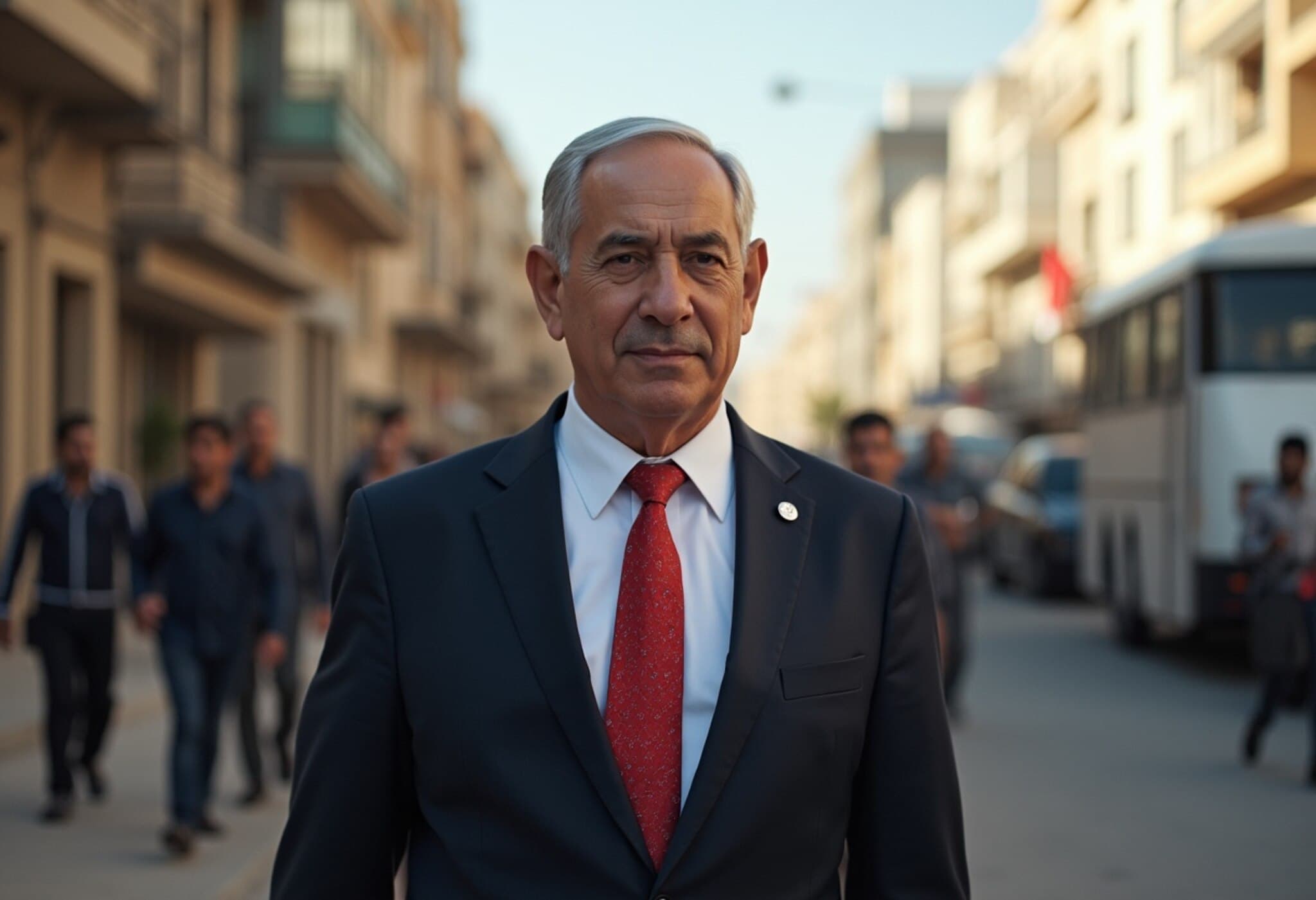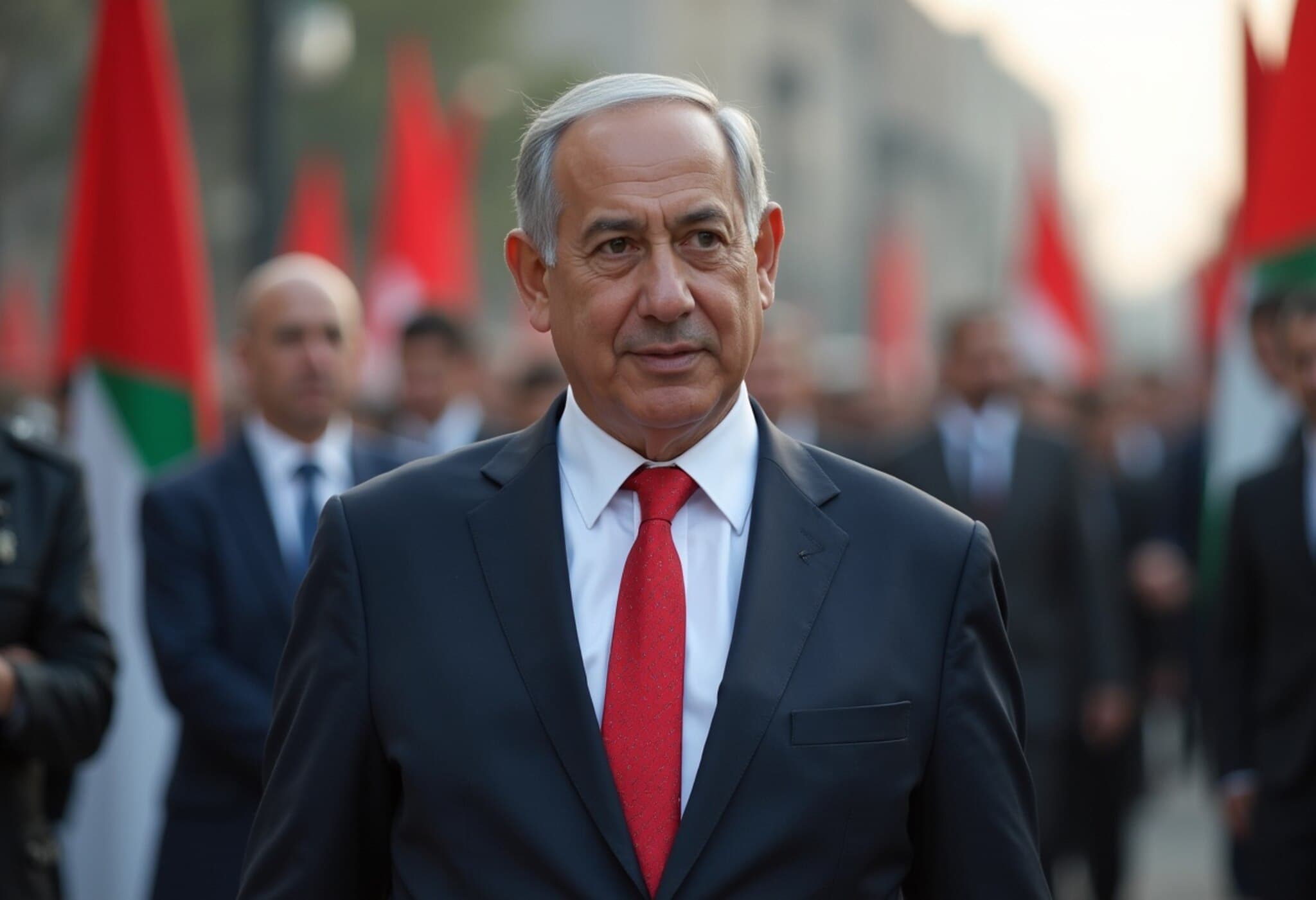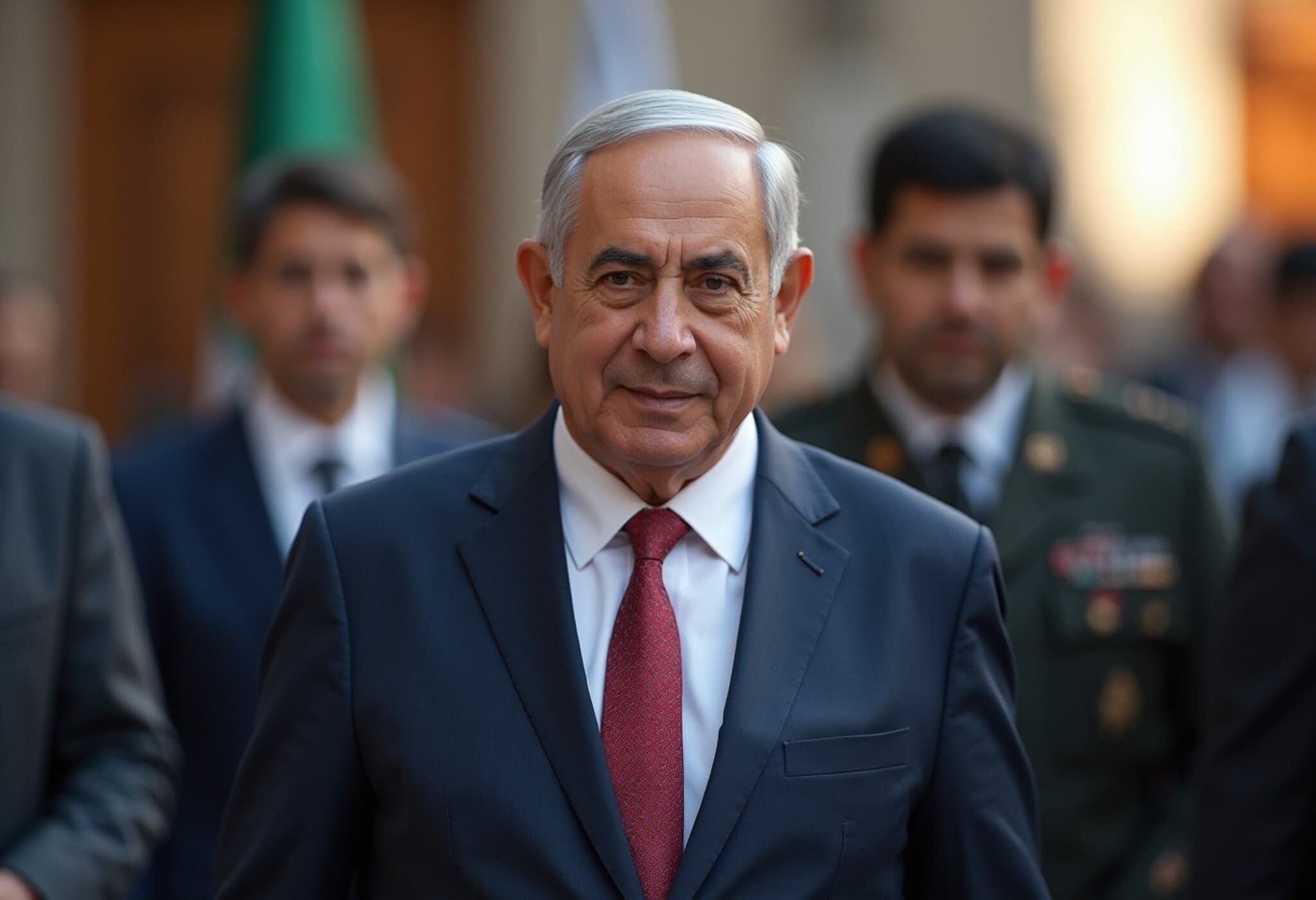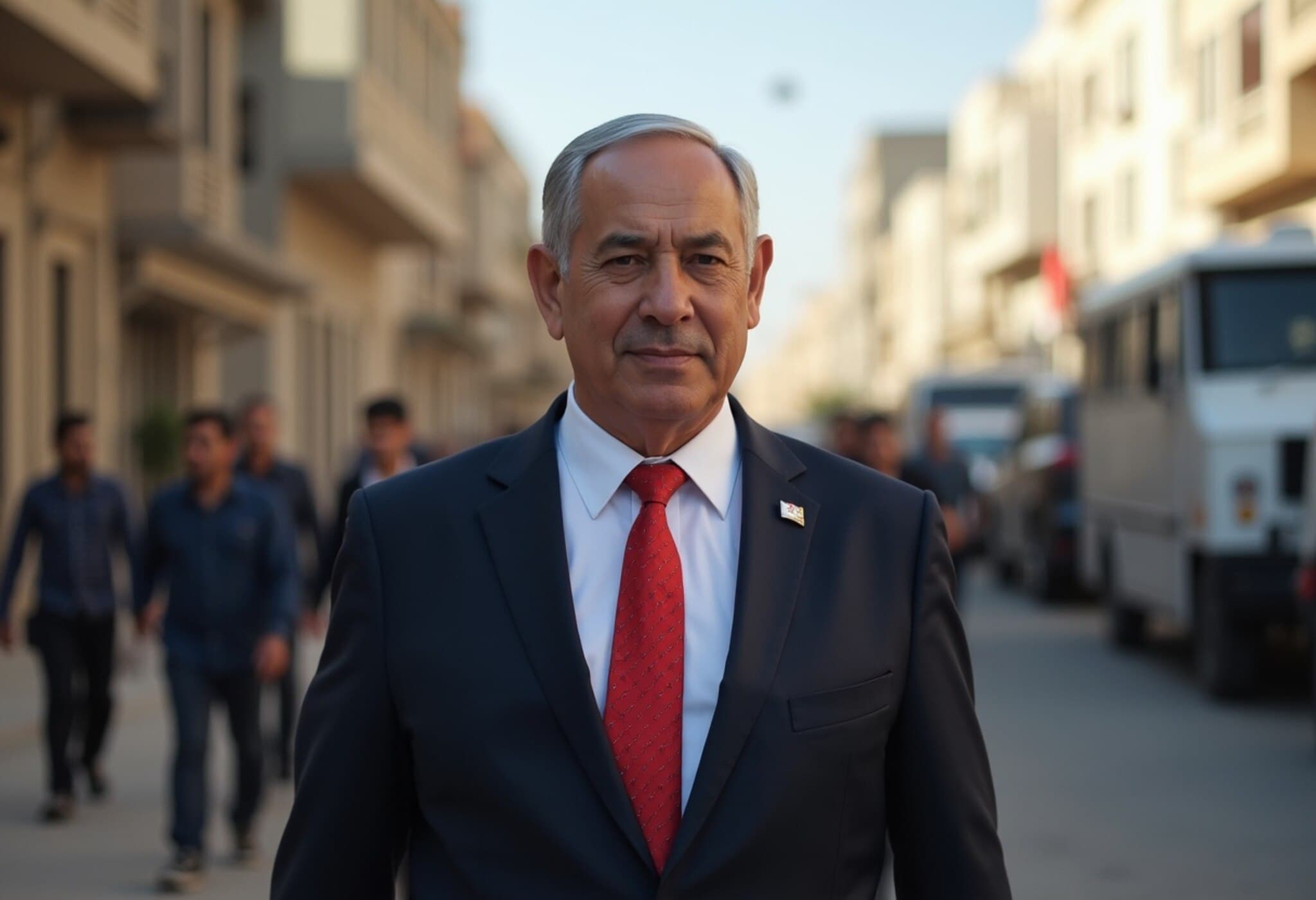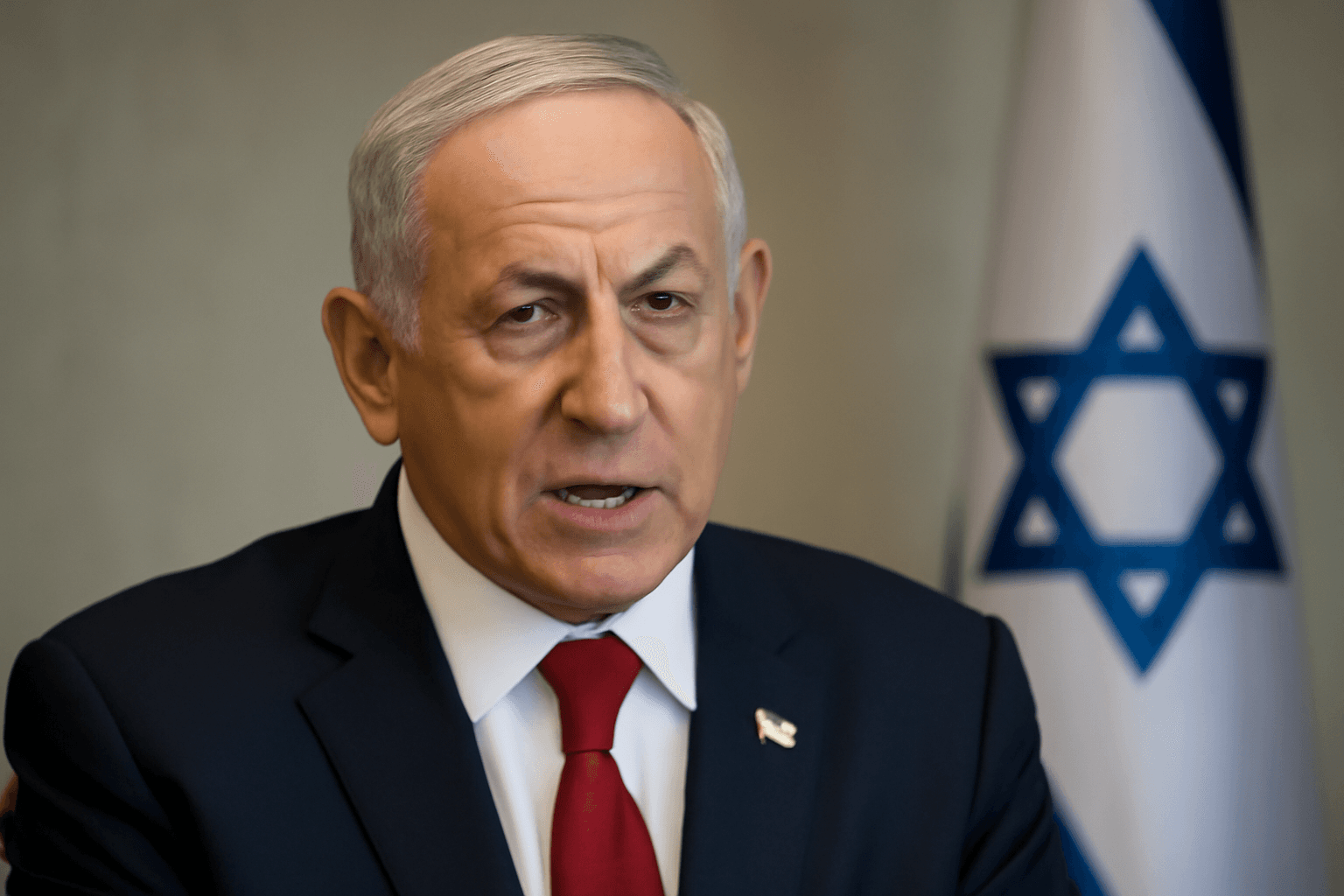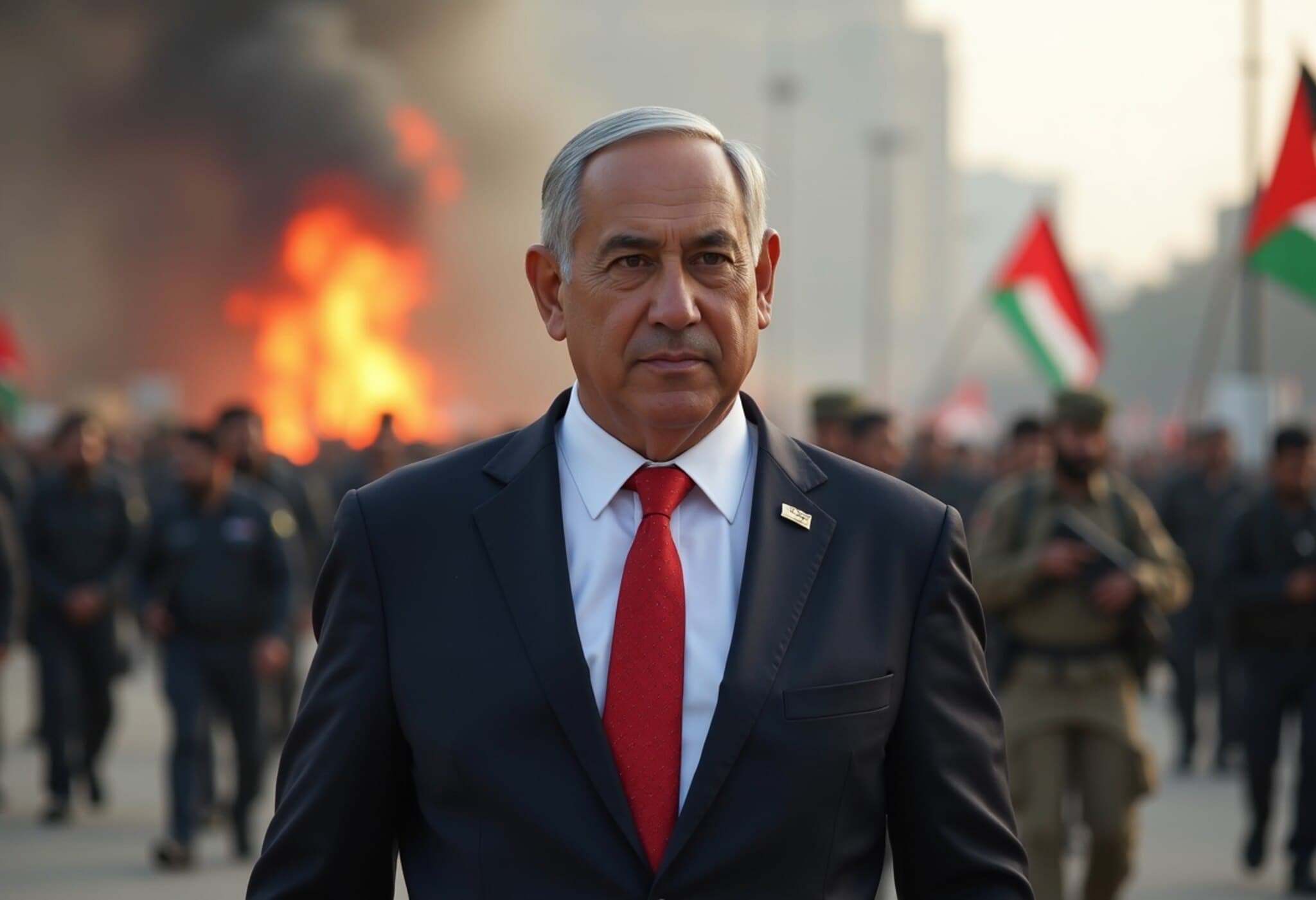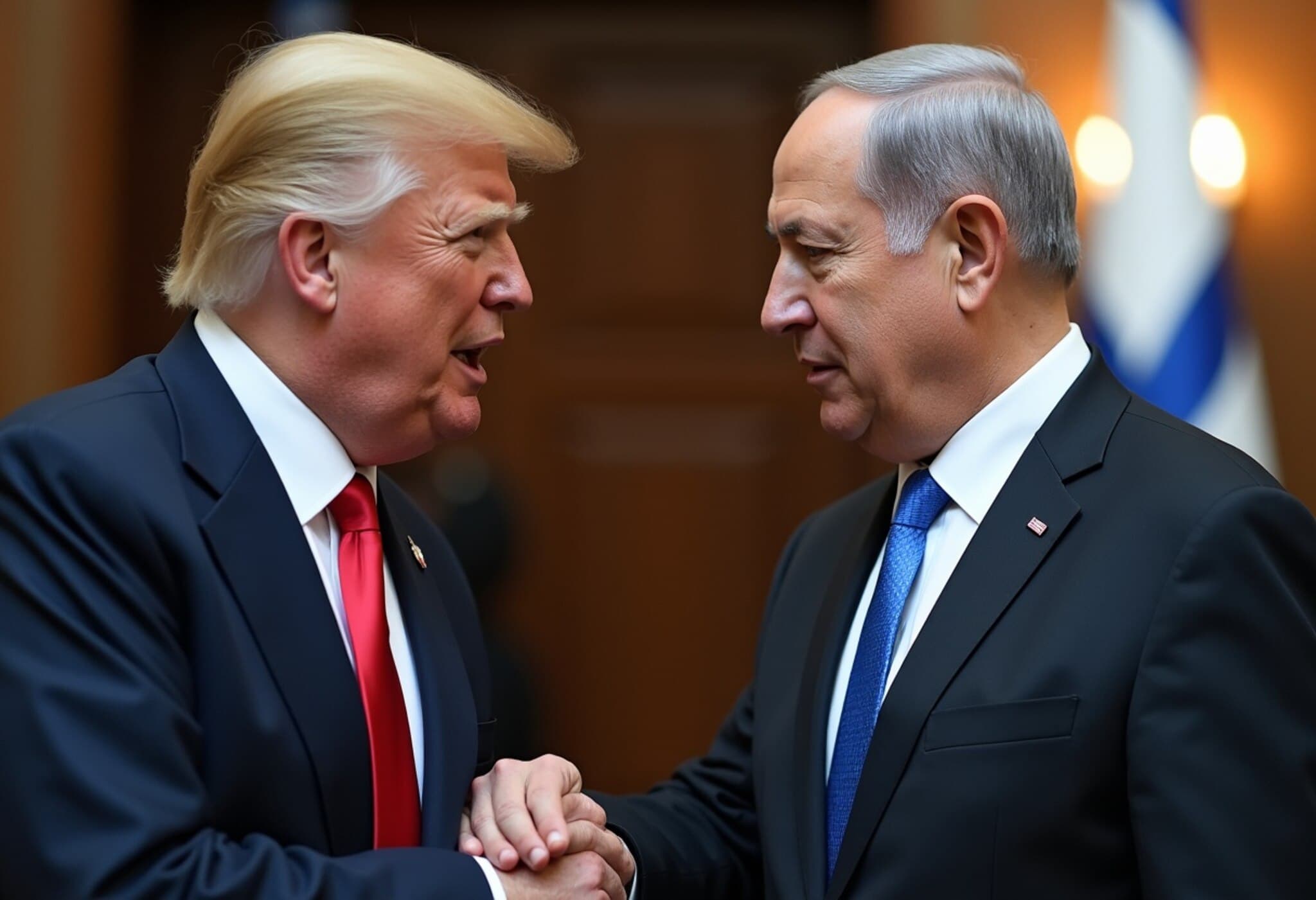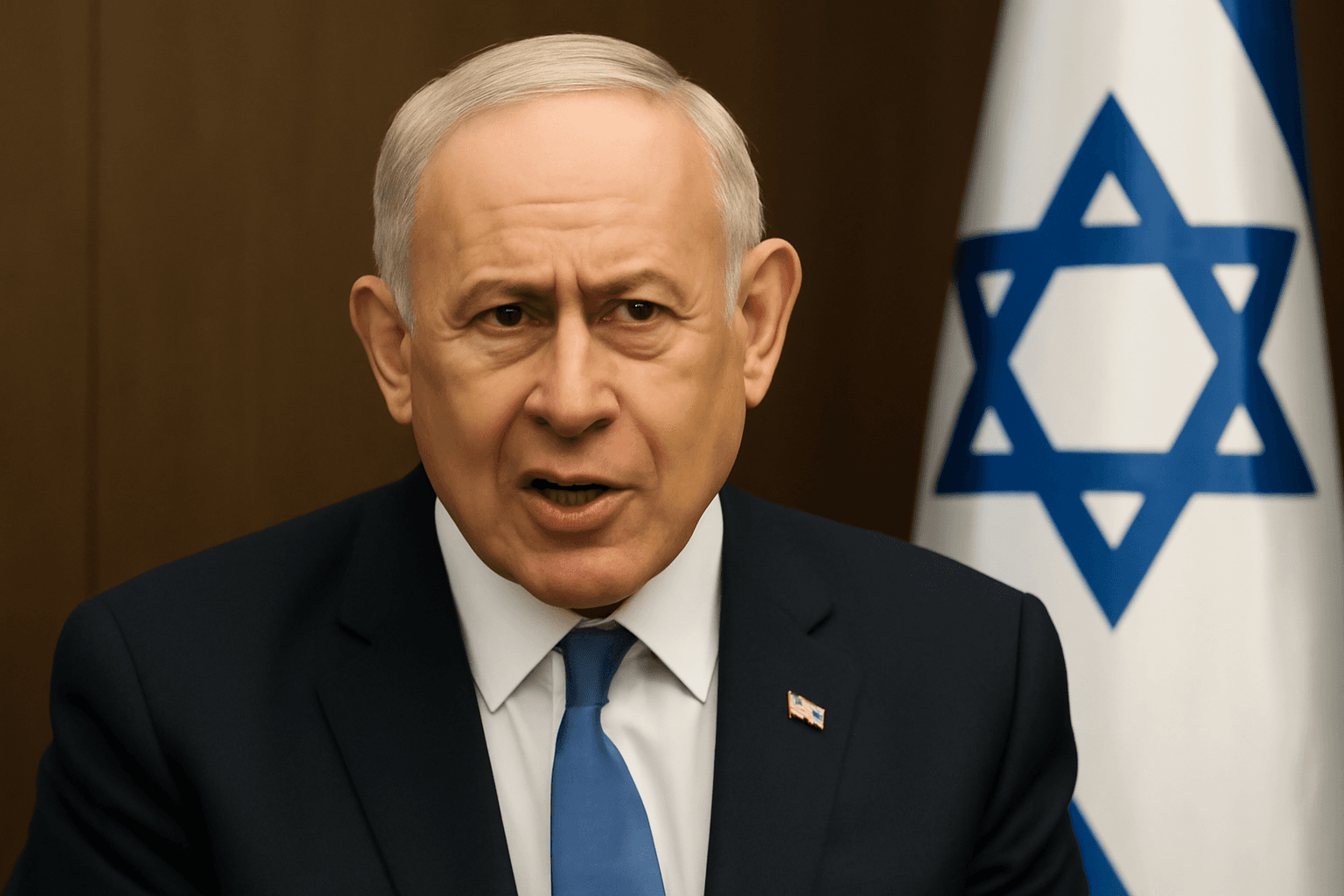Netanyahu to Speak Before UN Security Council Emergency Session
On Sunday afternoon in Jerusalem, Israeli Prime Minister Benjamin Netanyahu is set to address the international media, just hours before the United Nations Security Council convenes an emergency meeting. This session will focus on Netanyahu's government's recent decision to take control of Gaza City — a move that has sparked considerable controversy both within Israel and internationally.
Controversy Over Gaza City Military Offensive
The decision, announced by Israel's security cabinet on Friday, marks a significant escalation in the ongoing conflict with Hamas. Yet, it has met opposition from key elements within the Israeli military, who caution that such an operation could exacerbately endanger hostages held by Hamas and potentially destabilize the already volatile region further. The military fears that intensifying urban combat in Gaza City might increase risks to civilians and hostages alike.
Hamas Threatens Fierce Resistance
In response, Hamas has vowed to offer "fierce resistance" should Israel proceed with its plans to assume control of Gaza City. The group’s stance underscores the high stakes and the deepening entrenchment on both sides amid a conflict that has already claimed a heavy toll.
Public Dissent and Political Division Within Israel
Back in Tel Aviv on Saturday, large protests erupted calling for an immediate ceasefire and the safe release of hostages. Demonstrators sharply criticized Netanyahu’s leadership, focusing especially on his approach to the Gaza offensive and urging the government to abandon the plan to take Gaza City. Reuters reports highlighted these demonstrations as a reflection of growing public unease with the war's direction.
The political rift within Netanyahu’s own coalition has become more evident. Far-right Finance Minister Bezalel Smotrich openly expressed frustration with the prime minister’s strategy in a video posted on social media platform X, declaring, "I have lost faith in Netanyahu’s ability and desire to lead to victory over Hamas." Smotrich criticized the plan as "more of the same" and insufficient to defeat Hamas effectively.
Meanwhile, National Security Minister Itamar Ben-Gvir adopted a more supportive tone, telling Israeli Army Radio that capturing Gaza City represents "a good first step" but emphasized it should be followed by more decisive measures to secure Israel’s objectives.
Broader Implications and International Concern
The upcoming UN Security Council meeting will test the international community’s response to Israel’s escalated military strategy. Some nations and humanitarian organizations have expressed fear over the emerging humanitarian crisis, underscoring the need for dialogue even as military operations intensify.
For Israel, balancing the security demands of neutralizing Hamas with the urgent humanitarian considerations and political unity at home presents a formidable challenge—one that Netanyahu must navigate carefully if he is to maintain both international support and domestic stability.
Editor’s Note
The unfolding situation in Gaza City reveals the complex interplay of military strategy, political will, and humanitarian concerns. As Netanyahu prepares to justify his government’s controversial plan on the global stage, critical questions linger: Can a balance be struck between decisive security actions and protection of civilian lives? How will internal political fractures impact Israel’s long-term approach to the Gaza conflict? And ultimately, what role will international diplomacy play in averting further escalation?
Stay tuned as this high-stakes drama unfolds, shaping the future of one of the world’s most persistent and sensitive conflicts.

